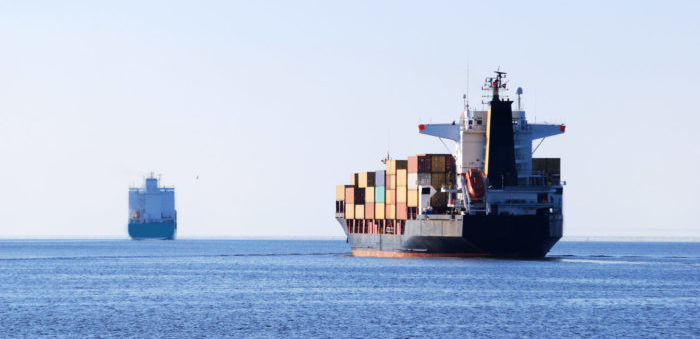In light of MEPC 73 and its discussions regarding reducing shipping emissions, Greenpeace focused on another issue. The organization said that ships must reduce their speed, which could provide many benefits in the long term.
Namely, Greenpeace presents four reasons why reducing speeds could make a difference for the climate and for the oceans:
1. Lower speeds equal less CO2
Ships emit more of everything at higher speeds. Putting a limit and reducing speed could cut shipping emissions by a third, Transport and Environment notes.
[smlsubform prepend=”GET THE SAFETY4SEA IN YOUR INBOX!” showname=false emailtxt=”” emailholder=”Enter your email address” showsubmit=true submittxt=”Submit” jsthanks=false thankyou=”Thank you for subscribing to our mailing list”]
This amount of reduction would be important as if shipping was a country, it would be the 6th largest emitter in the world. In fact, the EU estimates that shipping emissions are predicted to increase between 50% and 250% by 2050.
2. Less air pollution
Slower speeds will lead to less dirty shipping fuel being burnt. This means less particulate matter, SOx, and NOx affecting 40% of the world’s population that lives within 100 km of the coast.
The good news is that between 2008 and 2012 the amount of SOx emitted annually from ships is less by 1.2 million tonnes, largely because of slower ship speeds following the financial crisis.
3. Slower ships could be less harmful to animals
Underwater noise from ships is correlated with high stress levels in whales. Because whales and dolphins are highly dependent on sound, underwater noise affects their perception of the environment.
A reduced of speed by six knots could decrease noise intensity by half. In addition, it could reduce incidents of whale strikes, as a study in the US last year discovered that almost 15% of the protected humpback whales that come every spring in the southern Gulf of Maine to feed had injuries.
4. Slower speeds means more sustainable transport
At slower speeds, alternative power for ships, like wind propulsion, can take up more of the load from the engine, enabling more cost-savings, fuel-savings, and decarbonization.






























































